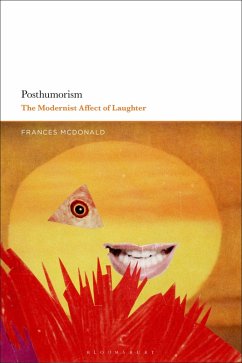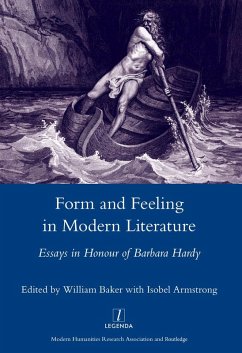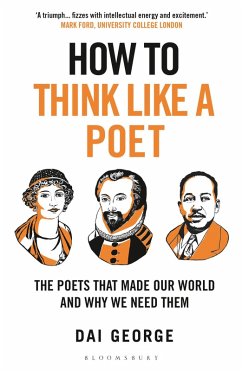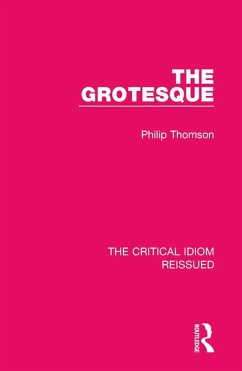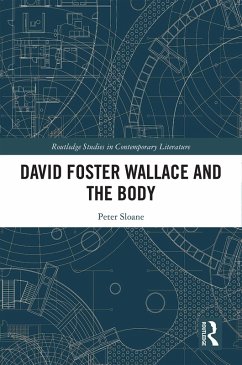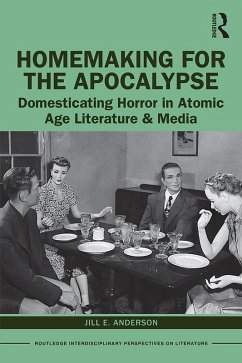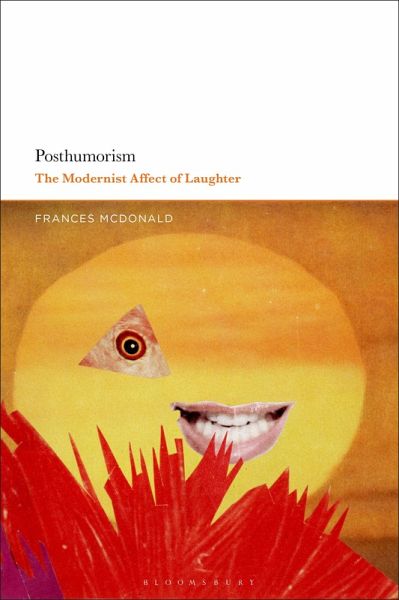
Posthumorism (eBook, ePUB)
The Modernist Affect of Laughter

PAYBACK Punkte
12 °P sammeln!
Examining the multiple non-humorous meanings of laughter, this book explores a unique strain of laughter in modernism that is without humor, without humans, and without humanism. Providing a bold new theory of modernism's affects, Posthumorism chronicles the scattered emergence of a particular strain of humorless laughter in twentieth-century literature, film, and philosophy. From William James's trippy experiments with laughing gas to the wide-open suicide shriek of Major Kong in Stanley Kubrick's Dr. Strangelove, modernity is strewn with examples of such laughter - defined by its ability to ...
Examining the multiple non-humorous meanings of laughter, this book explores a unique strain of laughter in modernism that is without humor, without humans, and without humanism. Providing a bold new theory of modernism's affects, Posthumorism chronicles the scattered emergence of a particular strain of humorless laughter in twentieth-century literature, film, and philosophy. From William James's trippy experiments with laughing gas to the wide-open suicide shriek of Major Kong in Stanley Kubrick's Dr. Strangelove, modernity is strewn with examples of such laughter - defined by its ability to "crack up" and destroy, whilst opening new horizons of perception. Examining the creative operation of posthumorist laughter, this book explores how various stylists of the form-from Nathanael West and Kurt Vonnegut to Georges Bataille and Hélène Cixous-use it as a tool to unsettle, reconfigure the individual human, and shape different forms of humanist discourse.




